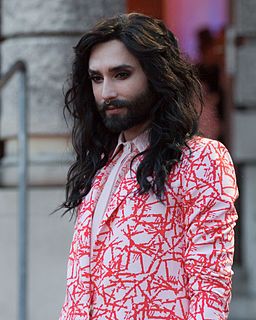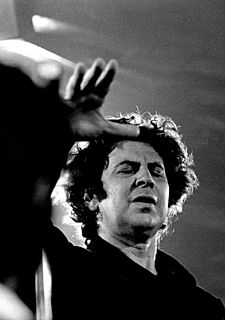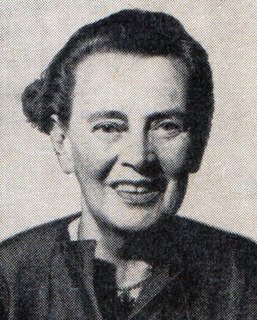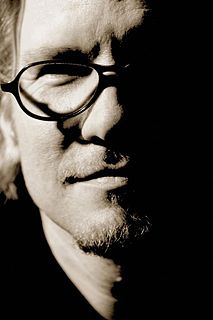A Quote by Eric Weiner
Haydn, Beethoven, Mozart, none of them were born in Vienna. They all moved there. It became a magnet, but what made it magnetized in the first place? There has to be a seed there. In the case of Vienna of about 1780, it was this deep-seated love of music.
Related Quotes
Salieri was a pupil of Gluck. He was born in Italy in 1750 and died in Vienna in 1825. He left Italy when he was 16 and spent most of his life in Vienna. He's the key composer between classic music and romantic music. Beethoven was the beginning of romantic music, and he was the teacher of Beethoven and Schubert.
From Vienna with Love' will build a bridge across the globe from Vienna to Sydney, full of music, love and fun. I am really looking forward to performing with the Sydney Symphony Orchestra and fabulous guest artists who all have ties to Vienna and telling a story with music that inspired me and songs from my debut album.
Music was literally in the air at the time, the Vienna of 1780. Everybody played music, classical music. There were in fact so many musicians that in apartment buildings people had to come up with a schedule - you practice at 5 p.m., I'll practice at 6 p.m. That way the music didn't collide with one another.
I started piano lessons at age six but didn't take music seriously until I was a teenager, when I thought about a career in music. I studied classical music, and my instruments were guitar and piano. I played keyboards in bands, and after high school I went to Vienna to study at the Academy of Music. I also became a session player, which culminated in my work with Tangerine Dream.































